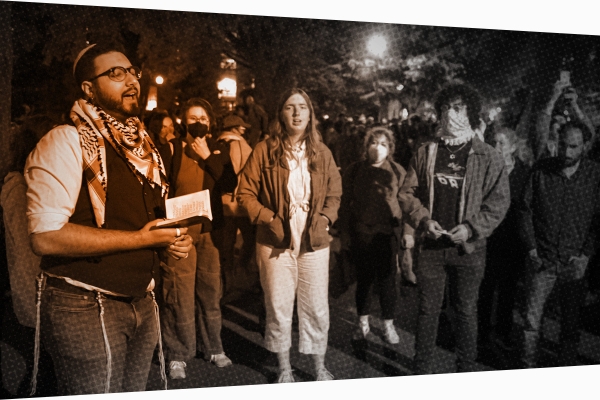Anti-Zionism and antisemitism are two distinct concepts that are often conflated in public discourse. It is essential to understand the differences between these ideas, as they have important implications for how we engage with discussions about the Israeli-Palestinian conflict and Jewish identity.
At its core, anti-Zionism is a political ideology that opposes the establishment and maintenance of a Jewish state in the land of Israel. Proponents of anti-Zionism argue that the creation of Israel has led to the oppression and displacement of the Palestinian people, and that a truly just and equitable solution to the Israeli-Palestinian conflict must involve the dismantling of the Israeli state and the establishment of a single, democratic, secular state in its place.
On the other hand, antisemitism is a form of prejudice and discrimination against Jewish people based on their ethnicity, religion, or cultural heritage. This can take many forms, from verbal harassment and violence to more subtle forms of discrimination and stereotyping. Antisemitism has a long and troubling history, with roots in religious, social, and political contexts.
While anti-Zionism and antisemitism are philosophically distinct, they can sometimes intersect in ways that blur the lines between the two. For example, critics of Israel may use anti-Zionist rhetoric as a cover for expressing antisemitic beliefs, such as denying the Jewish people’s right to self-determination or demonizing Jews as a collective group. Similarly, some individuals or groups who claim to be anti-Zionist may hold antisemitic views and use anti-Zionist platforms to spread hate and bigotry.
It is essential to recognize that while criticism of Israel’s policies and actions is not inherently antisemitic, it is vital to ensure that such criticism is based on principles of justice, equality, and human rights, rather than prejudice or hate. At the same time, it is crucial for those who oppose antisemitism to also support the rights and dignity of the Palestinian people and work towards a just and lasting peace in the region.
In conclusion, while anti-Zionism and antisemitism are conceptually distinct, they can sometimes overlap in harmful ways. It is essential to engage with discussions about the Israeli-Palestinian conflict and Jewish identity with nuance, empathy, and a commitment to combating all forms of prejudice and discrimination. Only by understanding and addressing these complex issues can we hope to build a more just and inclusive world for all.



